New HTC headset is like Vision Pro in a world that needs more Meta Quest

A few days ago HTC announced a new VR headset: the Vive Focus Vision. The leaked Focus Vision specs that immediately appeared after its teaser trailer also turned out to be true. And therein lies a problem: HTC’s new headset shares more than just its name with a certain competitor.
When the Apple Vision Pro came out the company heavily marketed its use as a platform for business and passive entertainment. As such, the headset did not support current VR games or even ship with controllers. The $3,499 price tag sealed its fate and the Vision Pro began seeing poor sales and reduced production.
While the Vive Focus Vision at $999 doesn’t even come close to matching Apple’s price and does come with gaming support, it does perhaps set itself up for a disappointing future. There’s a reason the Meta Quest 3 has become the go-to recommendation for anyone wanting to jump into VR. Meta has been pricing its headsets so insanely low so it can capitalize early on what it believes to be the future of computing.

When the Apple Vision Pro came out the company heavily marketed its use as a platform for business and passive entertainment. As such, the headset did not support current VR games or even ship with controllers. The $3,499 price tag sealed its fate and the Vision Pro began seeing poor sales and reduced production.

What an excellent little headset for $499. | Video credit — Meta
The company is continuing that trend with its upcoming Meta Quest 3S: a headset that provides the same processing power as Quest 3 at only $299. Meanwhile HTC has equipped the Vive Vision Focus with the same lenses and displays as the older Vive Focus 3. Perhaps most bafflingly, it uses the same chipset as the Focus 3 as well: a chip even older than the one used in Quest 3.
HTC is marketing the headset as a PC VR and enterprise product, but there isn’t much reason to choose this over a Quest 3. According to surveys only 25 percent of U.S. adults have used VR. In my opinion, you’re not going to convince more people to give VR a try if you present them with a large price tag and say it’s for use at the office.
The Vision Pro is failing to attract enterprise interest while the Quest 3 is one of the best VR headsets on the market right now. Perhaps companies should take a page out of Meta’s book and follow the instructions on it, at least until VR is a much bigger industry.
HTC is marketing the headset as a PC VR and enterprise product, but there isn’t much reason to choose this over a Quest 3. According to surveys only 25 percent of U.S. adults have used VR. In my opinion, you’re not going to convince more people to give VR a try if you present them with a large price tag and say it’s for use at the office.
The Vision Pro is failing to attract enterprise interest while the Quest 3 is one of the best VR headsets on the market right now. Perhaps companies should take a page out of Meta’s book and follow the instructions on it, at least until VR is a much bigger industry.

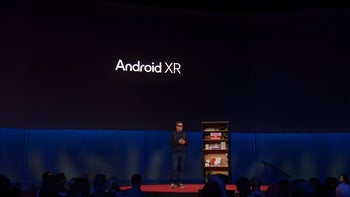
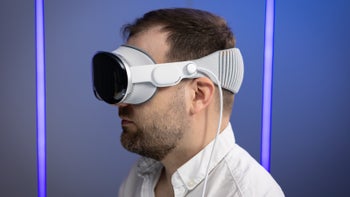

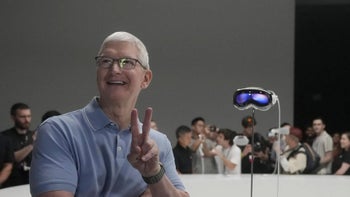
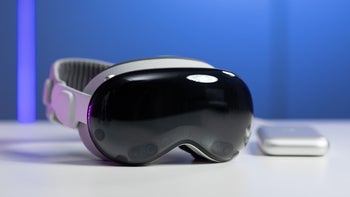
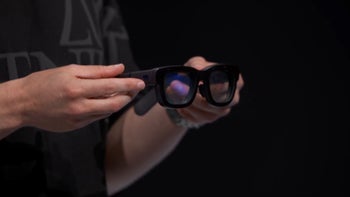
Things that are NOT allowed: